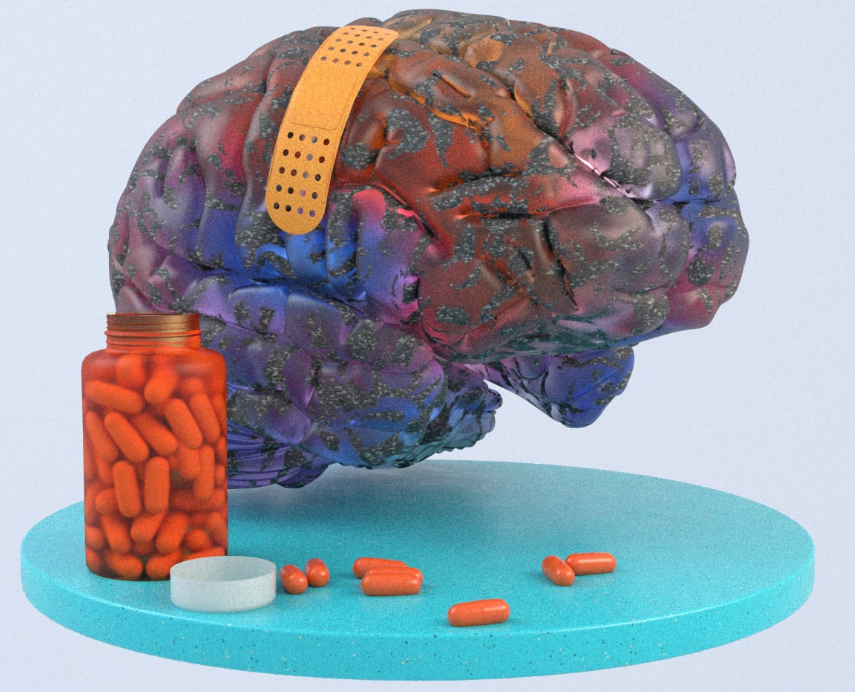[Report] Traumatic brain injury

Traumatic brain injury
A traumatic brain injury is an injury that affects how the brain works. Some brain injuries may be considered ‘mild’ – like a concussion – and others more ‘severe’, if there is a skull fracture or a hit to the head that causes bleeding in the brain. Traumatic brain injury is also sometimes referred to as ‘acquired brain injury’ or ‘head injury’.
Most injuries that occur each year are mild traumatic brain injuries or concussions. This is caused by:
- A bump, blow, or jolt to the head, or
- By a hit to the body that causes the head and brain to move quickly back and forth.
This sudden movement can cause:
- The brain to bounce around or twist in the skull
- Chemical changes in the brain
- Stretching and damaging brain cells
These changes in the brain lead to symptoms that may affect how a person thinks, learns, feels, acts, and sleeps.
Traumatic brain injuries also increase the risk of dementia.
-
By
McMaster University
-
Published
Jun 11, 2024
-
Subject Area
- Health & Wellness - General
- Health & Wellness - Cognitive & Mental
-
Audience
- Academics
- Funders
- Government (Politicians, Policy Makers) and Health Authorities
- Service Providers (Non-profits, Community Organizations, Local government)
- Caregivers, Seniors & Volunteers
- Government
- Health Authorities
-
Category
- Research & Evidence
- Research & Reports
Newsletter
Sign up for the Healthy Aging CORE BC e-news to keep up-to-date with activity from the platform and the Community-Based Seniors Services (CBSS) sector across the country.
